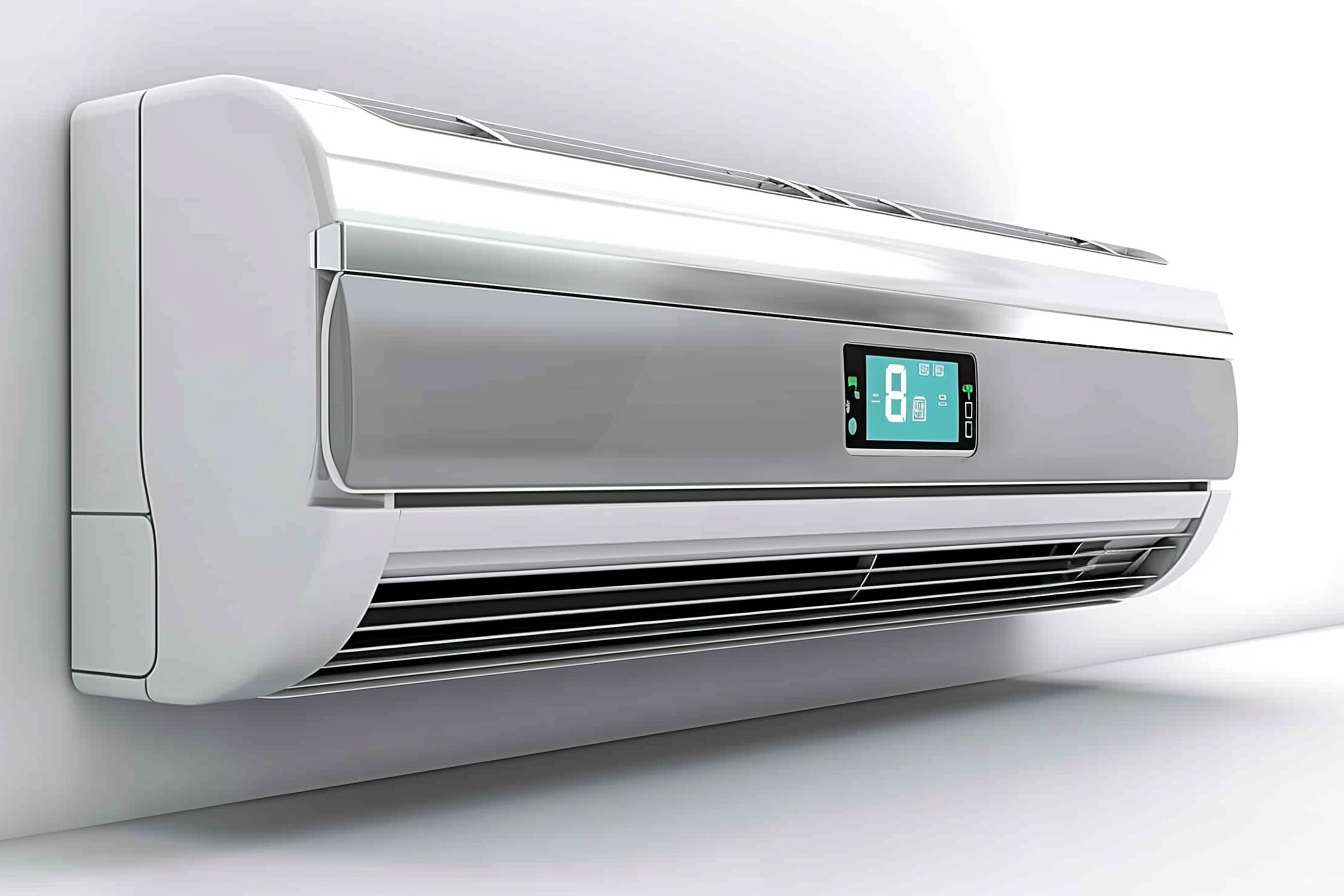Air Conditioning: How It Works and Benefits
Air conditioning is a system that cools and dehumidifies indoor air, providing comfort in homes and buildings. This technology has become increasingly common in many parts of the world, offering relief from hot and humid conditions. Understanding how air conditioning works and its benefits can help users make informed decisions about installation and usage.

How does air conditioning work?
Air conditioning systems operate on a principle similar to that of refrigerators. They use a refrigerant that circulates through a closed system of coils and components. The process involves several key steps:
-
The refrigerant absorbs heat from indoor air as it evaporates in the evaporator coil.
-
A compressor pressurizes the refrigerant, raising its temperature.
-
The hot, high-pressure refrigerant then flows to the condenser coil outside the building.
-
As it cools in the condenser, the refrigerant releases heat to the outdoor air.
-
The cooled refrigerant returns to the evaporator, and the cycle continues.
This continuous cycle removes heat and moisture from indoor air, creating a cooler and more comfortable environment.
What are the main components of an air conditioning system?
A typical air conditioning system consists of several essential components:
-
Evaporator: This indoor unit contains coils where the refrigerant absorbs heat from the air.
-
Compressor: Usually located in the outdoor unit, it pressurizes the refrigerant.
-
Condenser: The outdoor unit where heat is released from the refrigerant.
-
Expansion valve: This device regulates the flow of refrigerant.
-
Thermostat: A control unit that monitors and adjusts the temperature.
-
Air handler: This component circulates air through the system and into the building.
Understanding these components can help users troubleshoot basic issues and communicate more effectively with technicians during maintenance or repairs.
What are the benefits of air conditioning?
Air conditioning offers several advantages beyond simply cooling a space:
-
Improved comfort: It maintains a consistent, comfortable temperature indoors.
-
Better air quality: Many systems filter air, removing dust, allergens, and pollutants.
-
Increased productivity: Comfortable temperatures can enhance work efficiency.
-
Health benefits: It can reduce heat-related illnesses and improve sleep quality.
-
Humidity control: Air conditioning helps manage indoor humidity levels.
-
Protection for electronics: It creates a stable environment for sensitive equipment.
These benefits make air conditioning an important consideration for both residential and commercial spaces.
How energy-efficient are modern air conditioning systems?
Energy efficiency is a crucial factor in air conditioning systems, affecting both operating costs and environmental impact. Modern air conditioners have made significant strides in this area:
-
SEER ratings: The Seasonal Energy Efficiency Ratio (SEER) measures cooling output relative to energy consumption. Higher SEER ratings indicate greater efficiency.
-
Inverter technology: This allows compressors to run at variable speeds, optimizing energy use.
-
Smart thermostats: These devices can learn usage patterns and adjust settings for optimal efficiency.
-
Energy Star certification: This label identifies products that meet strict energy efficiency guidelines.
When choosing an air conditioning system, considering these efficiency factors can lead to long-term savings and reduced environmental impact.
What are the different types of air conditioning systems?
Air conditioning systems come in various types to suit different needs and spaces:
-
Central air conditioning: Cools the entire building through a network of ducts.
-
Ductless mini-split systems: Offer zoned cooling without the need for ductwork.
-
Window units: Self-contained units that fit into window openings.
-
Portable air conditioners: Mobile units that can be moved between rooms.
-
Evaporative coolers: Use water evaporation to cool air, suitable for dry climates.
The choice of system depends on factors such as building size, climate, and specific cooling requirements.
What considerations should be made when installing or upgrading air conditioning?
When installing or upgrading an air conditioning system, several factors should be considered:
-
Size and capacity: The system should be appropriately sized for the space to ensure efficiency.
-
Energy efficiency ratings: Higher SEER ratings may have a higher upfront cost but offer long-term savings.
-
Installation costs: Professional installation is crucial for optimal performance and safety.
-
Maintenance requirements: Regular maintenance can prolong the system’s lifespan and maintain efficiency.
-
Compatibility with existing systems: In upgrades, ensure new components are compatible with existing infrastructure.
-
Local climate: Choose a system suited to your area’s typical weather conditions.
Proper planning and consultation with HVAC professionals can help ensure the best choice for your specific needs.
Air conditioning has become an integral part of modern comfort and productivity. By understanding its operation, benefits, and considerations, users can make informed decisions about installation, usage, and maintenance. As technology continues to advance, air conditioning systems are likely to become even more efficient and environmentally friendly, further enhancing their value in both residential and commercial settings.




